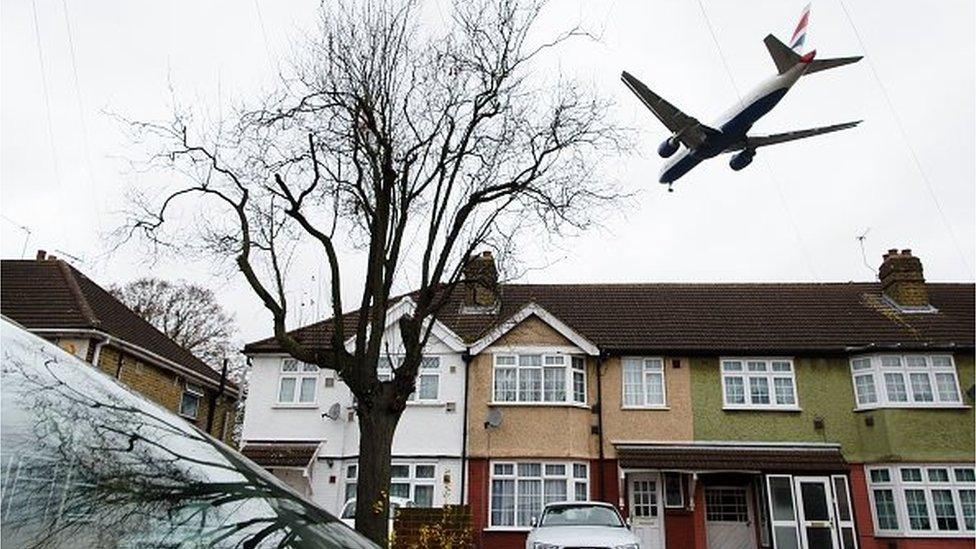What's in Theresa May's in-tray?
- Published
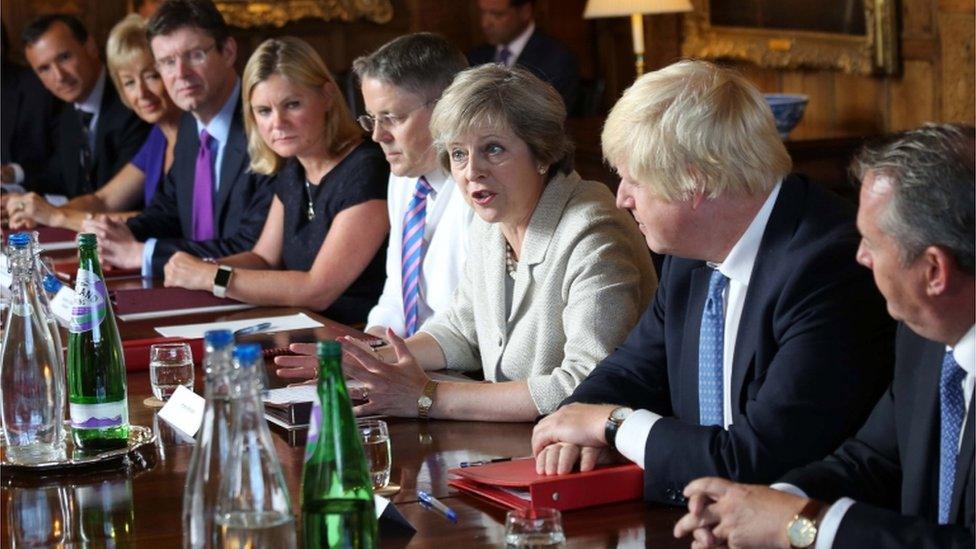
Mrs May discussed Brexit at a cabinet meeting in August
As Westminster returns from its summer break, what are some of the most pressing issues awaiting Prime Minister Theresa May?

Brexit
Downing Street confirmed Brexit was "top" of the prime minister's agenda when she returned from holiday.
Theresa May chaired a special cabinet meeting at Chequers on Wednesday 31 August to discuss the government's approach.
Mrs May opened the meeting by repeating the "Brexit means Brexit" mantra she's been using since the day she launched her leadership campaign.
"We must continue to be very clear that Brexit means Brexit. That we're going to make a success of it. That means there's no second referendum, no attempts to sort of stay in the EU by the back door. We're actually going to deliver on this," she told cabinet ministers.
Beyond that, the prime minister has said precious little that defines the future relationship with the EU she is seeking.
After the cabinet meeting, a Downing Street spokeswoman dropped a couple of hints when she said: "The model we are seeking is one unique to the United Kingdom and not an off-the-shelf solution.
"This must mean controls on the numbers of people who come to Britain from Europe but also a positive outcome for those who wish to trade goods and services".
Only when there's an agreed negotiating position will the prime minister trigger what's called Article 50 - the mechanism to formally begin two years of EU exit talks.
Mrs May has already said this will not happen before the end of 2016.
The Labour leadership contender, Owen Smith, wants his party to vote against Article 50 being triggered unless the PM agrees to give the public another vote on the final Brexit deal. Downing Street has said there is "no need for a parliamentary vote".

Economy
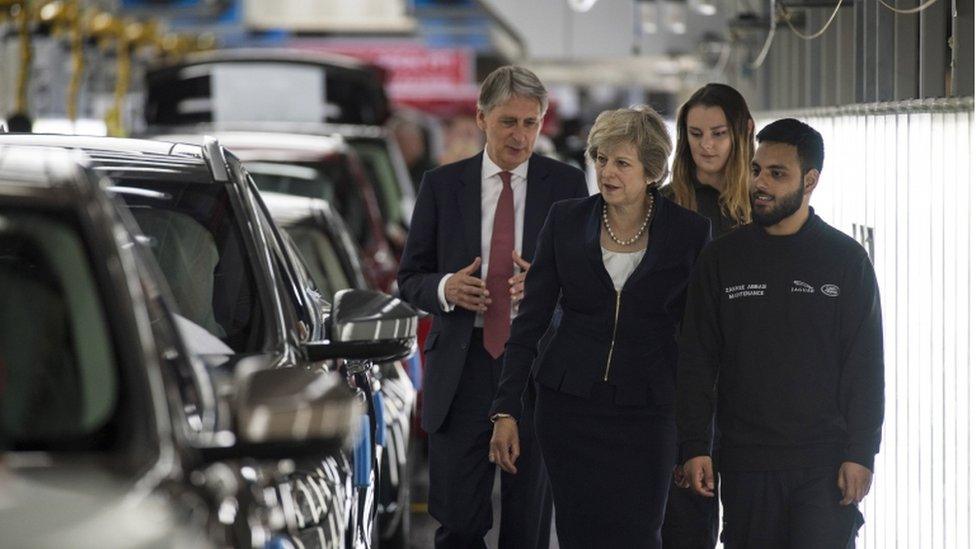
The chancellor has suggested he may "reset" UK economic policy
Theresa May was quick to rule out an emergency budget following the EU referendum.
However, she called for the government's "surplus by 2020" target to be dropped, the day before then-chancellor George Osborne announced that decision.
The new chancellor, Philip Hammond, has said he is prepared to "reset" UK economic policy, if necessary, in his Autumn statement.
Mrs May set out some of her thinking on economic reform in a leadership campaign speech, external in Birmingham on 11 July.
She talked about improving productivity, issuing more bonds to pay for public works and overhauling corporate governance.
In her speech launching her leadership bid, she said that if faced with a choice between spending cuts, increased borrowing or tax rises "the priority must be to avoid tax increases".

Hinkley Point
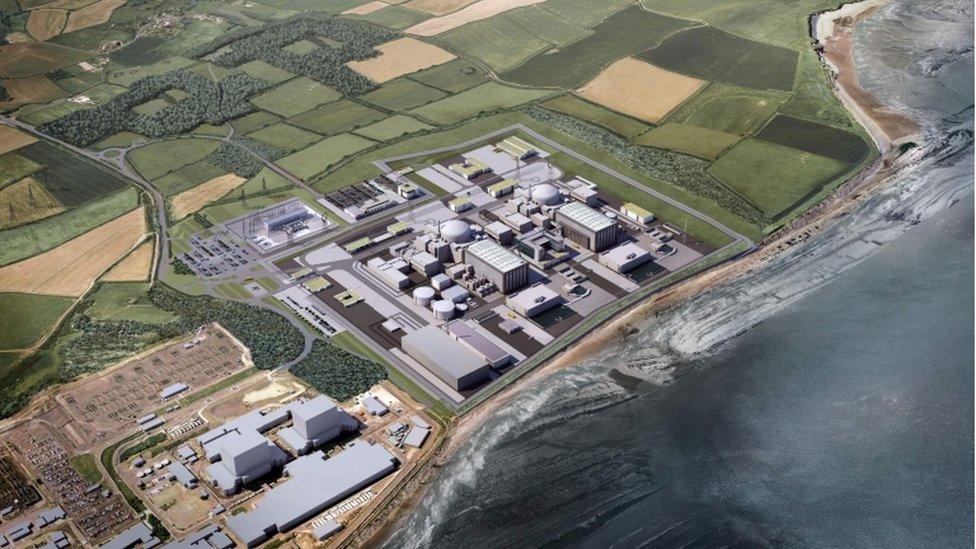
French firm EDF proposes two new nuclear reactors to be built at their Hinkley Point power plant
One major economic decision that is expected in the "early autumn" is on the Hinkley Point C nuclear power plant.
The government unexpectedly put off a decision shortly after Theresa May became prime minister.
The former cabinet minister, Sir Vince Cable, has said that, as home secretary, Mrs May was concerned about China's involvement in the deal.
Her chief of staff and long-serving adviser, Nick Timothy, has previously expressed security concerns about the Hinkley deal, external.
China's ambassador to the UK has warned that any decision not to go ahead with Hinkley could damage relations between the two countries.
If a decision is not made before Theresa May travels to China for the G20 summit, questions over Hinkley Point's future could become a dominant feature during the trip.

New runway
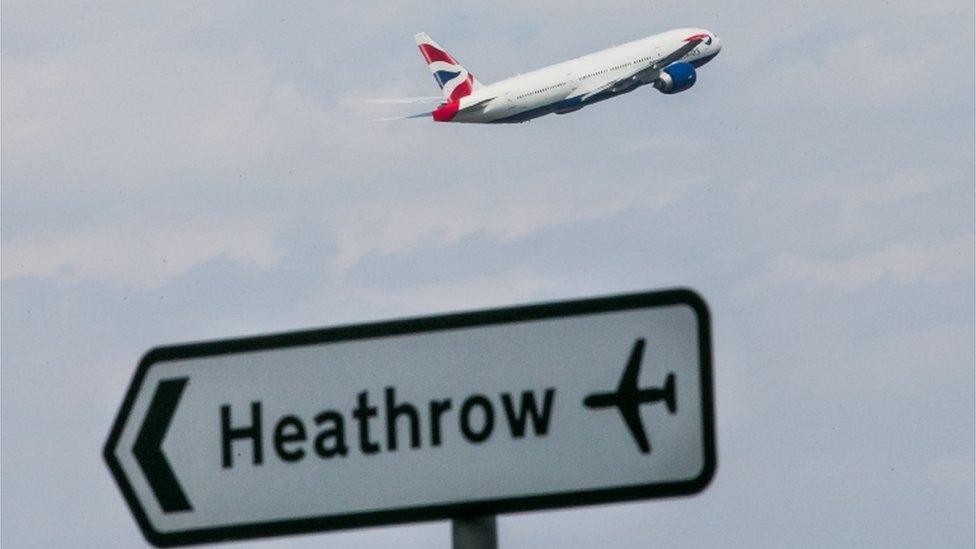
Several cabinet ministers have previously opposed Heathrow's expansion
Another big, much-delayed decision due this autumn is on airport expansion.
After the Brexit vote, the then transport secretary, Patrick McLoughlin put off an announcement until "at least October".
The Davies commission, published in July 2015, external, set out three options and recommended building a third runway at Heathrow.
Foreign Secretary Boris Johnson and Education Secretary Justine Greening have strongly opposed that idea.
The chancellor, Philip Hammond, is on the record supporting Gatwick's expansion instead, external.
The prime minister, whose Maidenhead constituency is on the Heathrow flight path, is chairing the Cabinet sub-committee that will decide.

Social reform
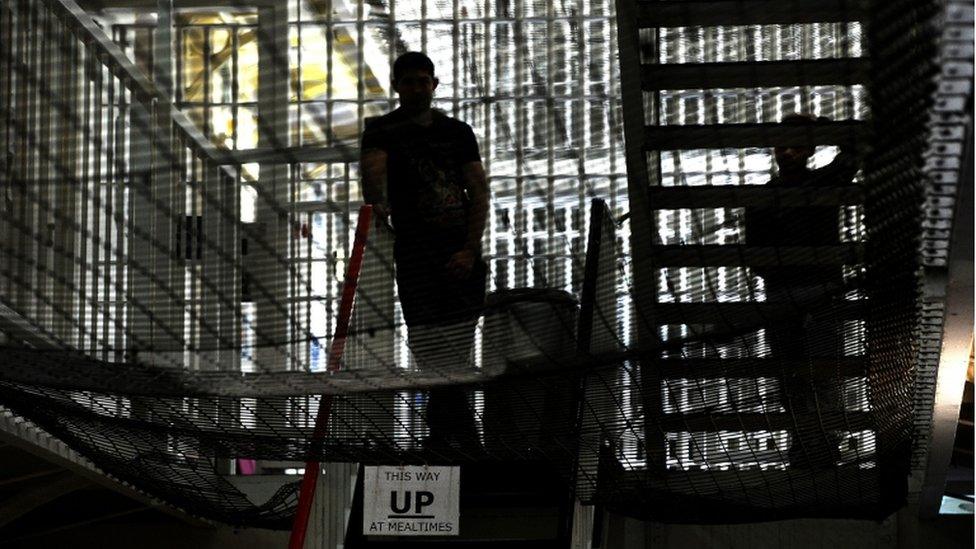
Mrs May has pledged to tackle injustices in the criminal justice system and elsewhere
Mrs May has spoken about making "Britain a country that works, not for a privileged few, but for every one of us".
In both her leadership speeches and in her first address as prime minister, she highlighted what she called "burning injustices".
"If you're born poor you will die on average nine years earlier than others. If you're black, you're treated more harshly by the criminal justice system than if you're white. If you're a white, working class boy, you're less likely than anybody else in Britain to go to university. If you're at a state school, you're less likely to reach the top professions than if you're educated privately. If you're a woman, you will earn less than a man. If you suffer from mental health problems, there's not enough help to hand. If you're young, you'll find it harder than ever before to own your own home"
She has not said exactly how she intends to tackle these issues but she has committed to doing so.
Mrs May chaired a new cabinet sub-committee on social reform in Downing Street on 1 September.
It seems reasonable to expect more on this agenda in her speech at the Conservative Party conference on 5 October.

Education
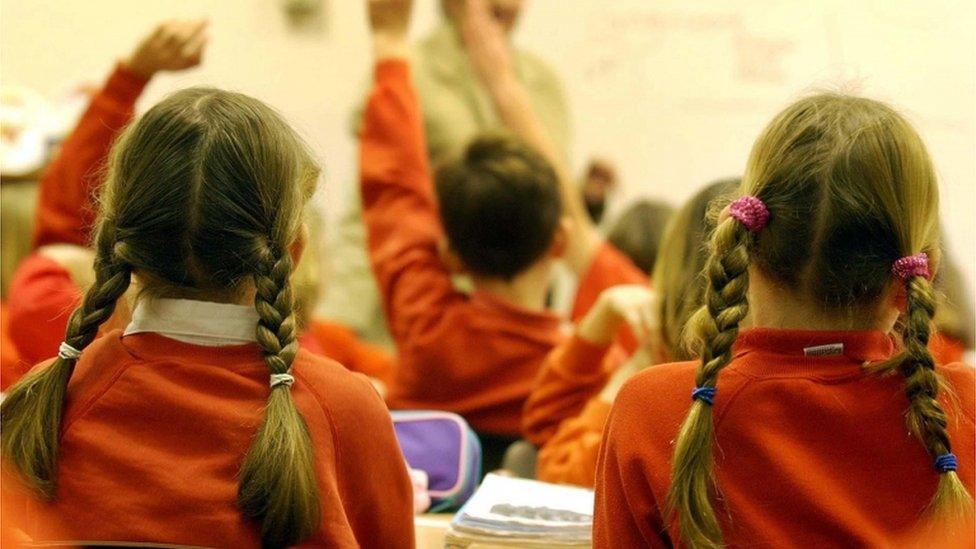
Mrs May is reportedly in favour of ending a ban on grammar schools
In the context of social reform, Mrs May has specifically talked about school reform.
She was due to give more detail on her plans had the Conservative leadership contest continued.
The Daily Telegraph has reported that she wants to end the ban on new grammar schools, external in England.
The Department for Education has confirmed that the new secretary of state, Justine Greening, is "looking at the issue" having told the BBC that she is "open-minded" about it.
As a child, the prime minister won a place at a grammar school which converted to a comprehensive during her time there.

Devolution
One other area where Theresa May has signalled a potentially different approach is on devolution.
In July Theresa May promised "a proper industrial strategy to get the whole economy firing. And a plan to help not one or even two of our great regional cities but every single one of them".
Whatever that means, it does not appear to mean ditching the Northern Powerhouse, which continues to have a dedicated minister.
Writing in the Yorkshire Post, external and the Birmingham Mail, external, Mrs May also confirmed plans to go ahead with mayoral elections next year.

Scotland
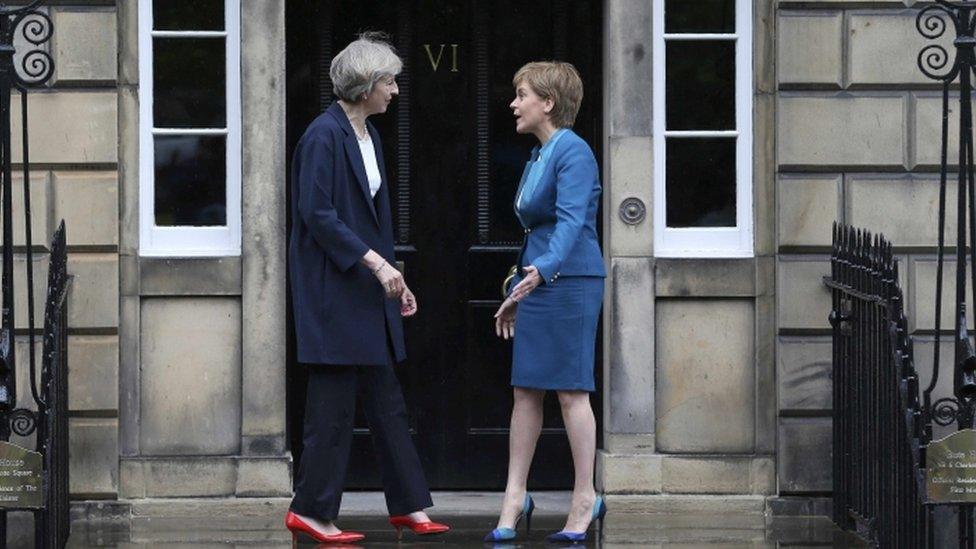
Theresa May met Nicola Sturgeon earlier in the summer
Theresa May stressed her commitment to the Union as she arrived in Downing Street as PM: "We believe in the union, the precious, precious bond between England, Scotland, Wales and Northern Ireland".
Within two days she travelled to Edinburgh to meet Scotland's first minister, Nicola Sturgeon.
Ms Sturgeon has said a second independence referendum is "highly likely" following the Brexit vote and has begun a "listening exercise" to gauge support.
At the same time, Ms Sturgeon is seeking to retain Scotland's links with the EU as part of the UK's exit negotiations.
The prime minister said she was "willing to listen to options" without giving any firm commitments.
After the Brexit cabinet at Chequers, a spokeswoman for the prime minister made clear that none of the devolved nations would have a veto over the timing or content of the negotiations to leave the EU.
- Published26 August 2016
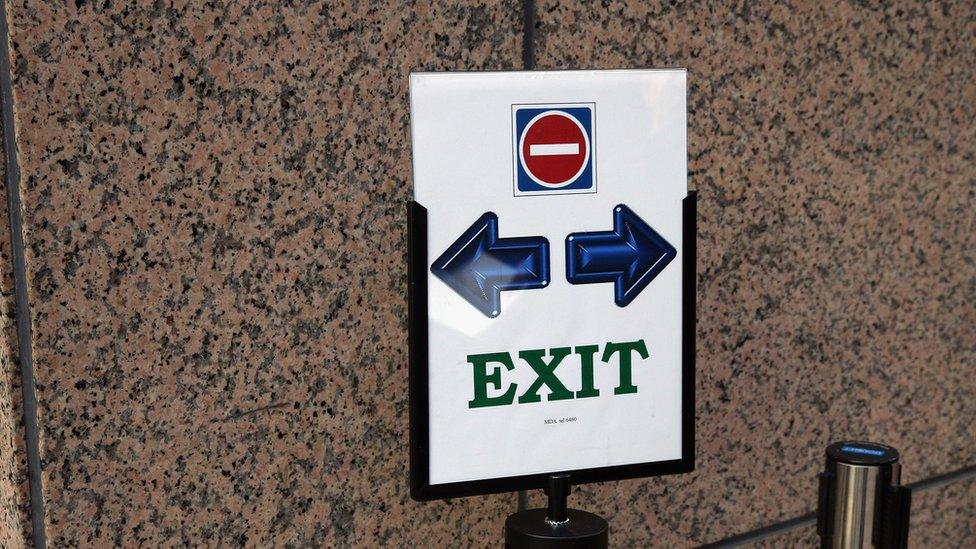
- Published25 July 2016
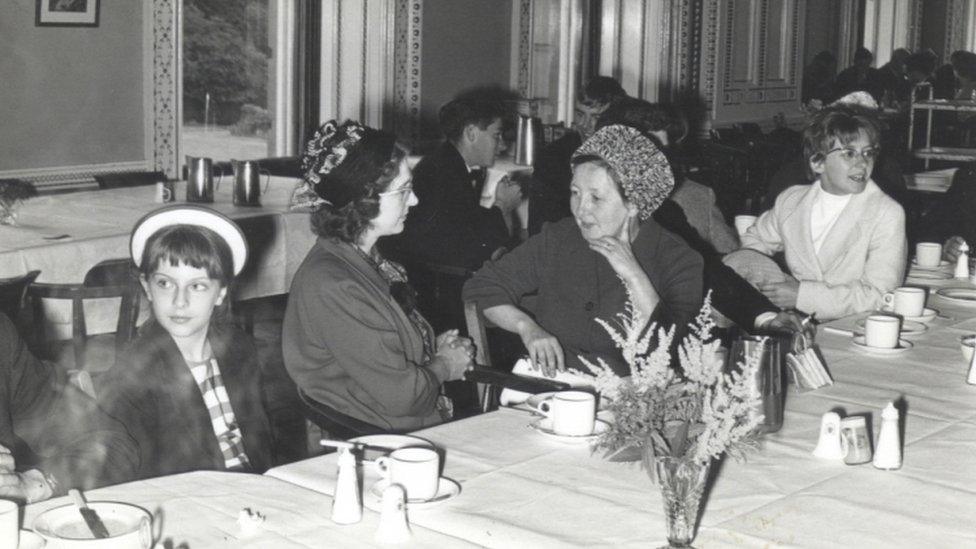
- Published2 September 2016
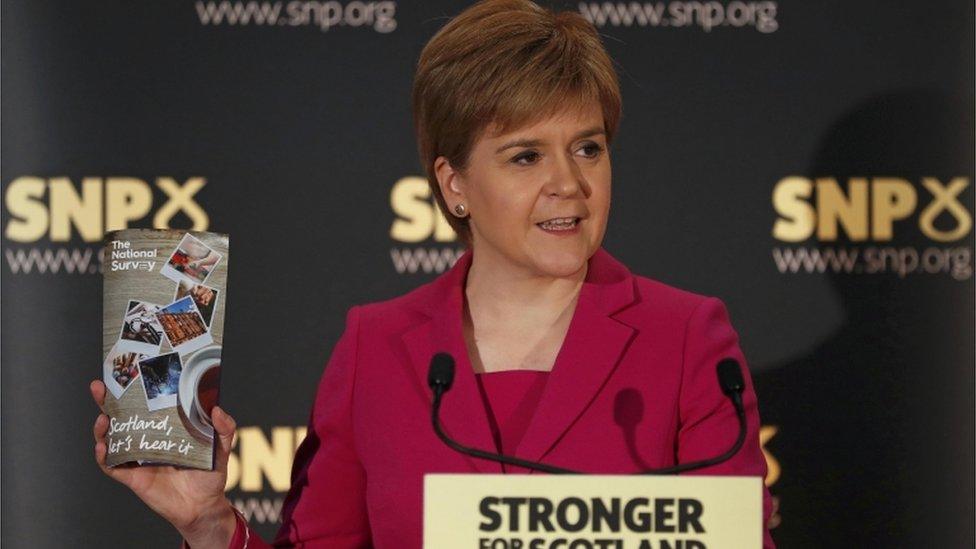
- Published2 September 2016
- Published1 September 2016
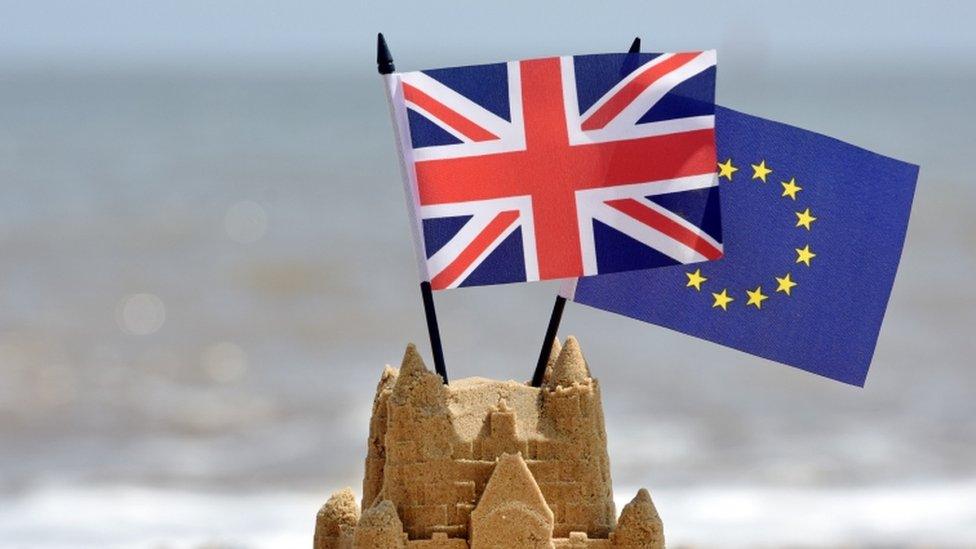
- Published31 August 2016
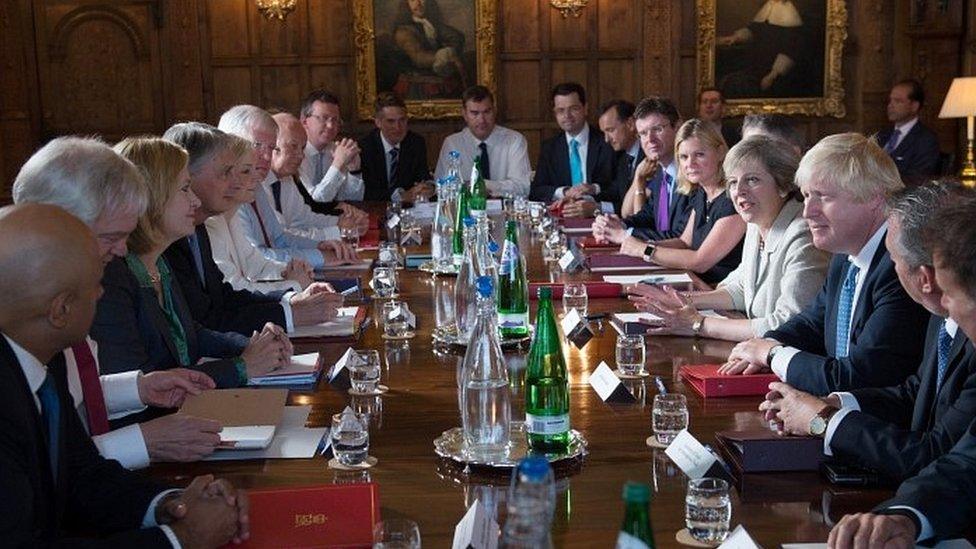
- Published19 August 2016
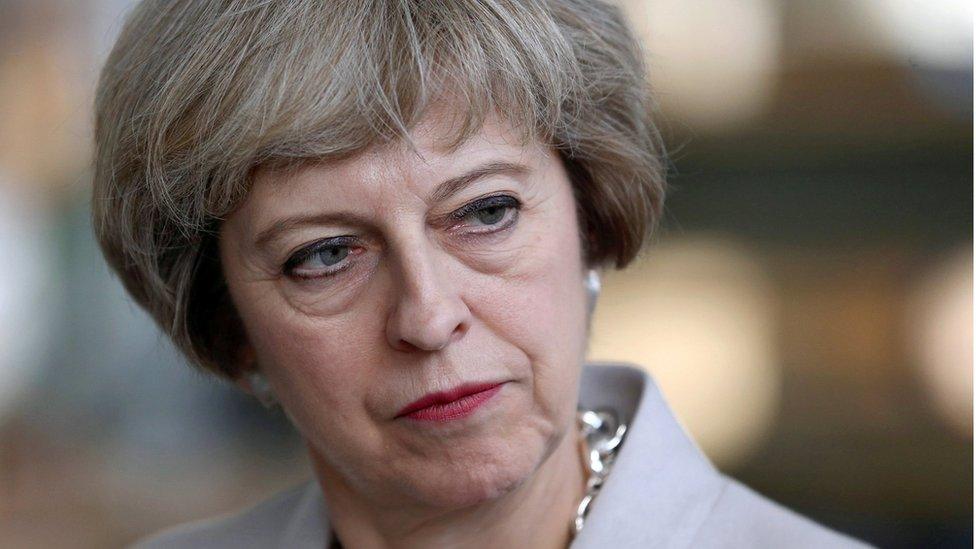
- Published9 August 2016
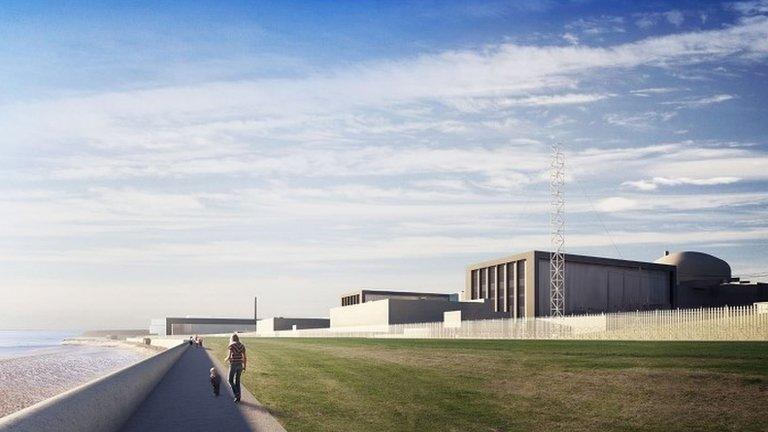
- Published30 July 2016
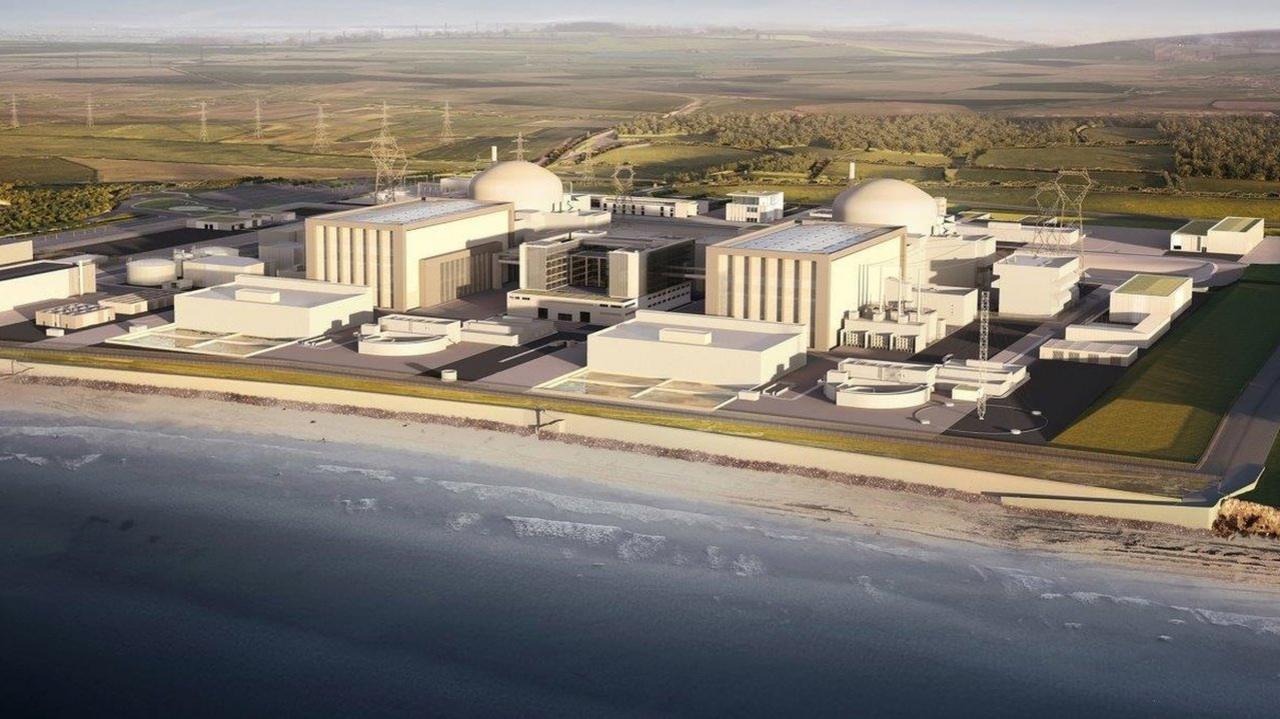
- Published29 July 2016
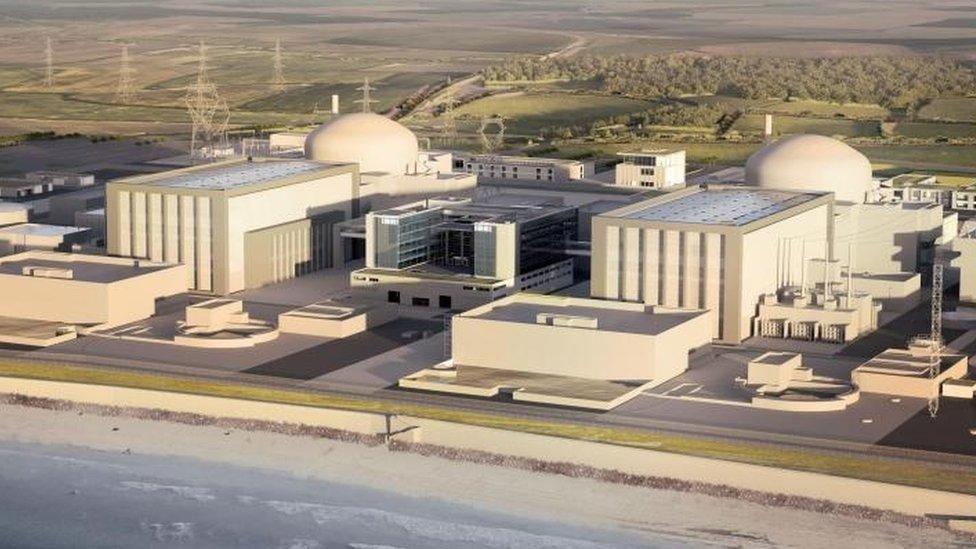
- Published22 July 2016
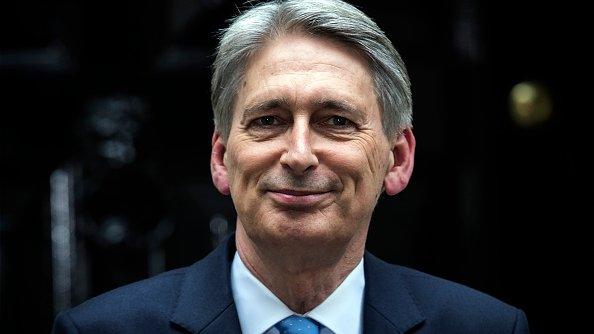
- Published13 July 2016
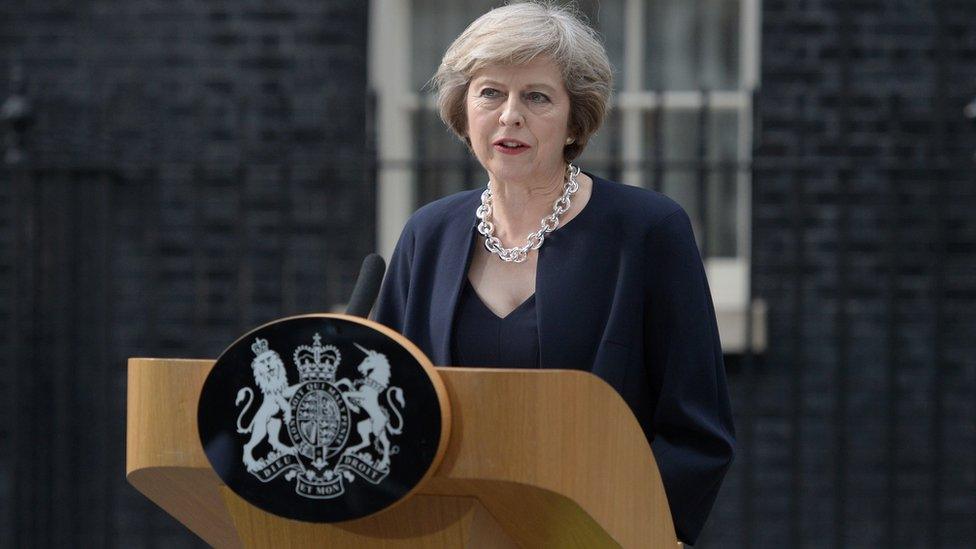
- Published17 July 2016
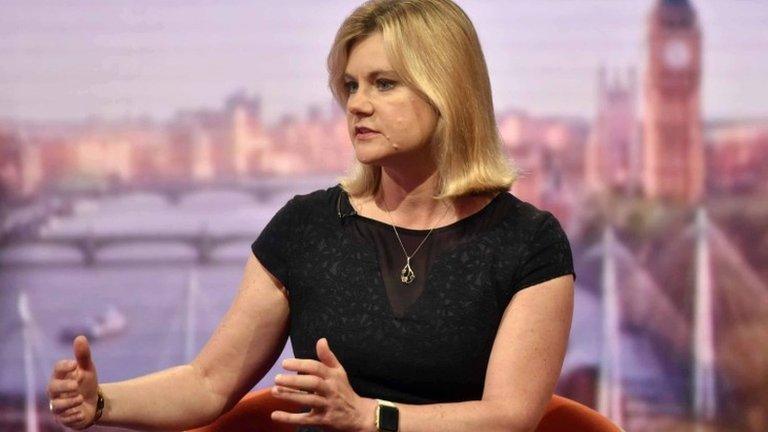
- Published1 July 2015
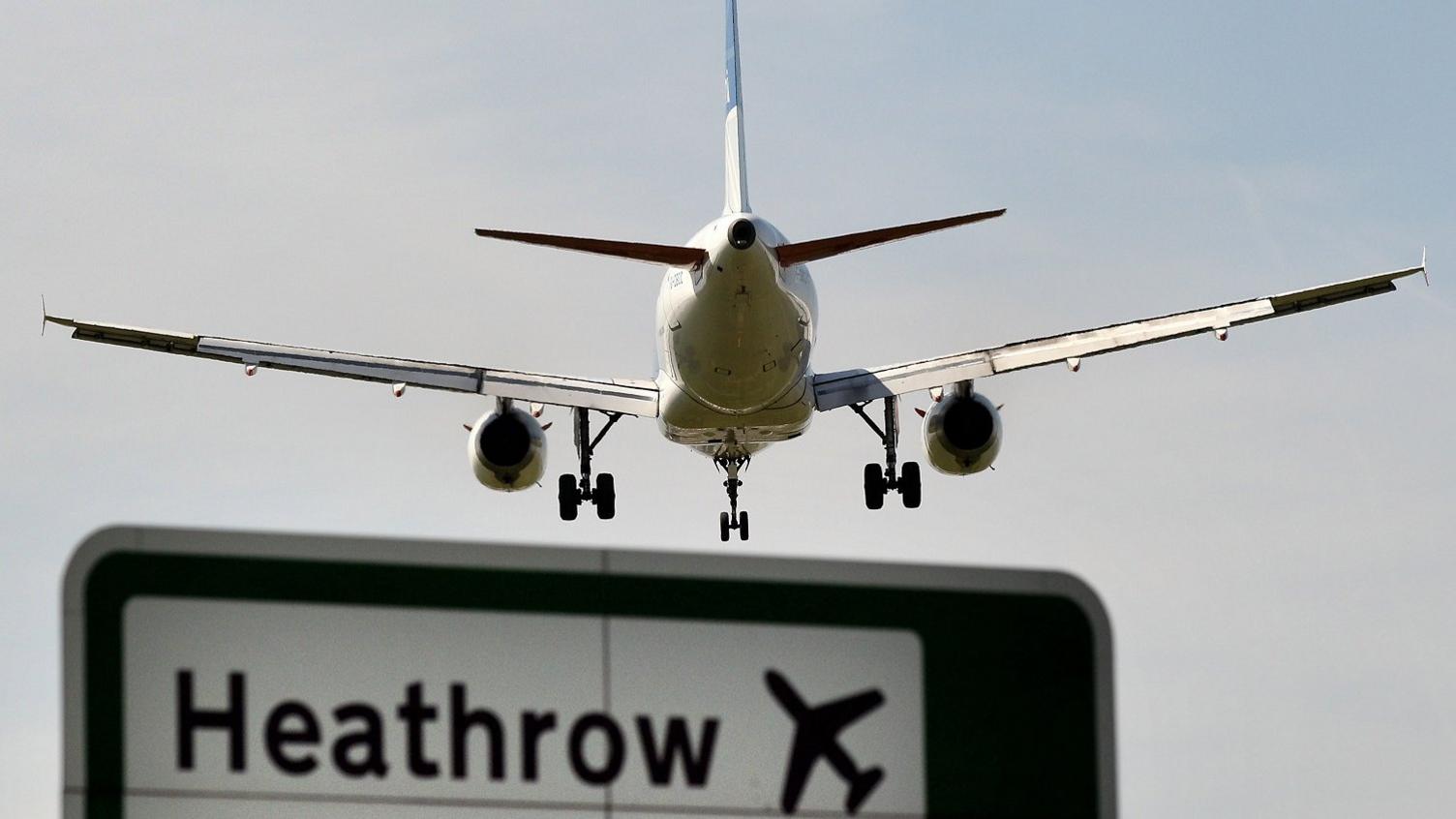
- Published1 July 2016
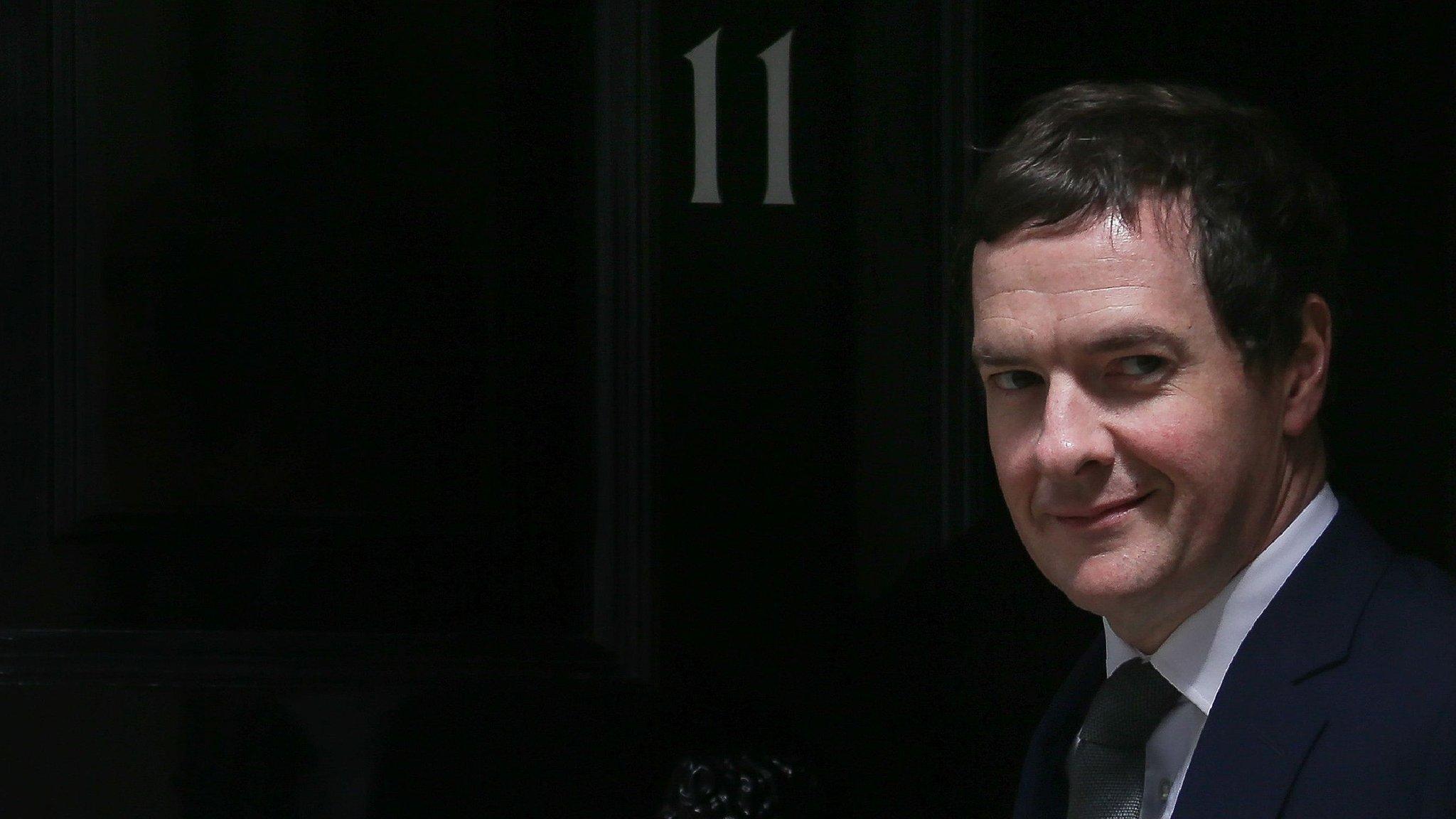
- Published30 June 2016
